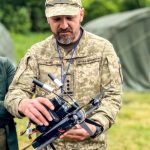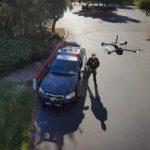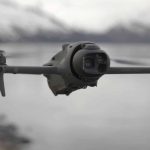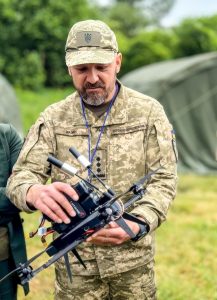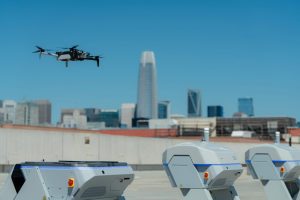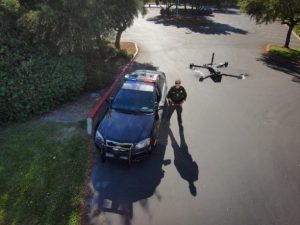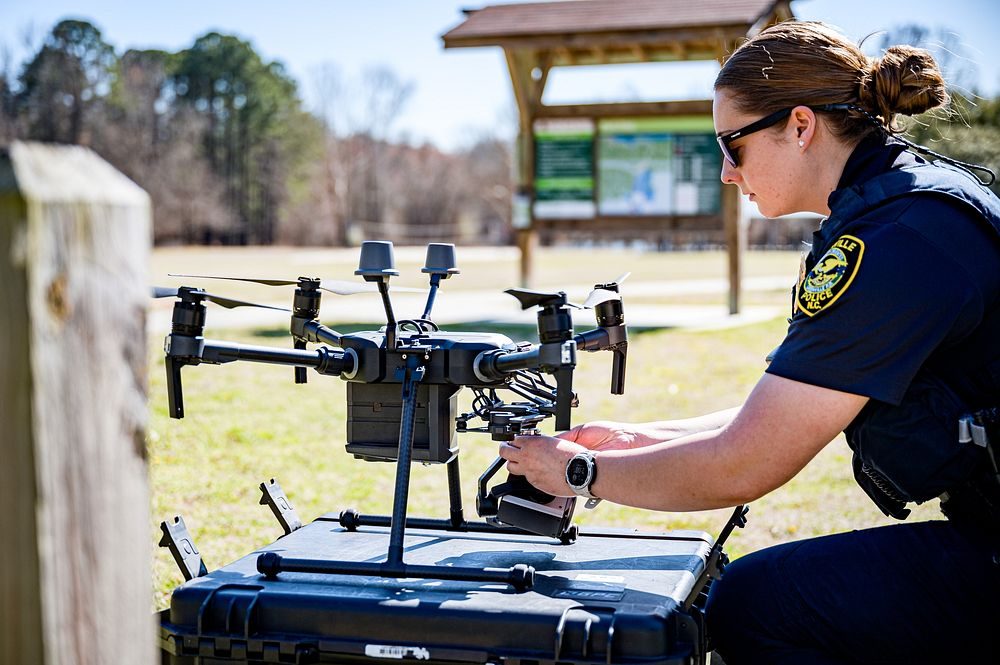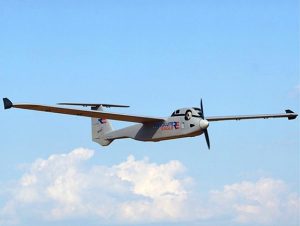ASTM Standards Program for Public Safety UAV Training Announced
The National Public Safety UAS Conference, hosted by DRONERESPONDERS in Busch Gardens, Virginia, has unveiled a pivotal initiative aimed at enhancing UAV training for public safety professionals. Chief Donald Shinnamon (Ret.), VP of Operations at the Unmanned Safety Institute (USI), and Chief Charles Werner (Ret.), Director of DRONERESPONDERS, announced the launch of the first ASTM standards program specifically for UAV training. This program is essential for creating consistent and verifiable training protocols for drone operators tasked with public safety duties.
Addressing Gaps in UAV Training
David Crabtree from Appalachian UAV Academy highlighted the critical need for this program, pointing out the disparity between obtaining a Part 107 license and becoming proficient in real-world public safety situations. “There is definitely a gap between the Part 107 license and being an effective operator out in the field. This fills that gap,” Crabtree stated.
In collaboration with ASTM and USI, DRONERESPONDERS has initiated an audit program in line with existing ASTM standards tailored to public safety UAV operations. While the ASTM guidelines provide a blueprint for UAV training, many agencies have faced challenges in implementing them effectively. This new initiative aims to clarify and structure these training processes for better compliance and efficiency.
ASTM’s Role in UAV Training Standards
Chief Shinnamon elaborated on ASTM International’s long-standing influence in aviation and UAV training. Since 1898, ASTM has developed industry benchmarks and currently manages over 12,800 standards, including those recognized by the FAA for aviation purposes. The new UAV training program incorporates three ASTM standards:
- ASTM F3379: Training for Public Safety Remote Pilots in Command of Unmanned Aircraft Systems
- ASTM F3266: General training standards for remote UAS pilots
- ASTM F3330: Requirements for training programs and manuals
Together, these standards establish a structured training framework specifically designed for public safety professionals, ensuring both quality and consistency in training programs.
Appalachian UAV Academy Leads the Way
Under the guidance of David Crabtree, the Appalachian UAV Academy has become the first commercial public safety UAV training provider to achieve compliance with these ASTM standards. The compliance process required an extensive document review to verify that the training materials matched the necessary criteria. Unlike typical audits that may entail on-site assessments, this documentation-focused process provides a more economical solution for training entities.
“This is an independent review verifying training programs, ensuring that public safety remote pilots receive critical instruction,” Shinnamon noted. “For agencies selecting commercial training providers, this verification ensures that their pilots receive training aligned with industry standards.”
The Future of Public Safety UAV Training
This compliance review marks a significant benchmark for other commercial training suppliers, setting a new standard within the industry. As drone applications broaden into fields like Advanced Air Mobility (AAM) and Unmanned Traffic Management (UTM), robust training programs will be vital for preparing operators for upcoming industry challenges.
David Crabtree remarked on the broader implications of this program, stating, “Going forward, I believe this will be foundational training we can build upon to satisfy the needs emerging in the next five years.” In recognition, Charles Werner awarded Crabtree a certificate acknowledging Appalachian UAV Academy’s compliance with ASTM standards.
Paving the Way for Industry Standards
This achievement ushers in a new era for UAV training within the public safety sector, promoting standardization and accountability. The accomplishment of the Appalachian UAV Academy serves as a model for other training providers, fostering the wider adoption of ASTM standards throughout the industry.
As the UAV field continues to grow, the assurance that operators receive comprehensive, standardized training will be crucial for the effective and safe deployment of drone technology in public safety missions. This initiative lays the groundwork for future advancements in training and certification, enhancing the role of UAVs in public safety operations nationwide.
